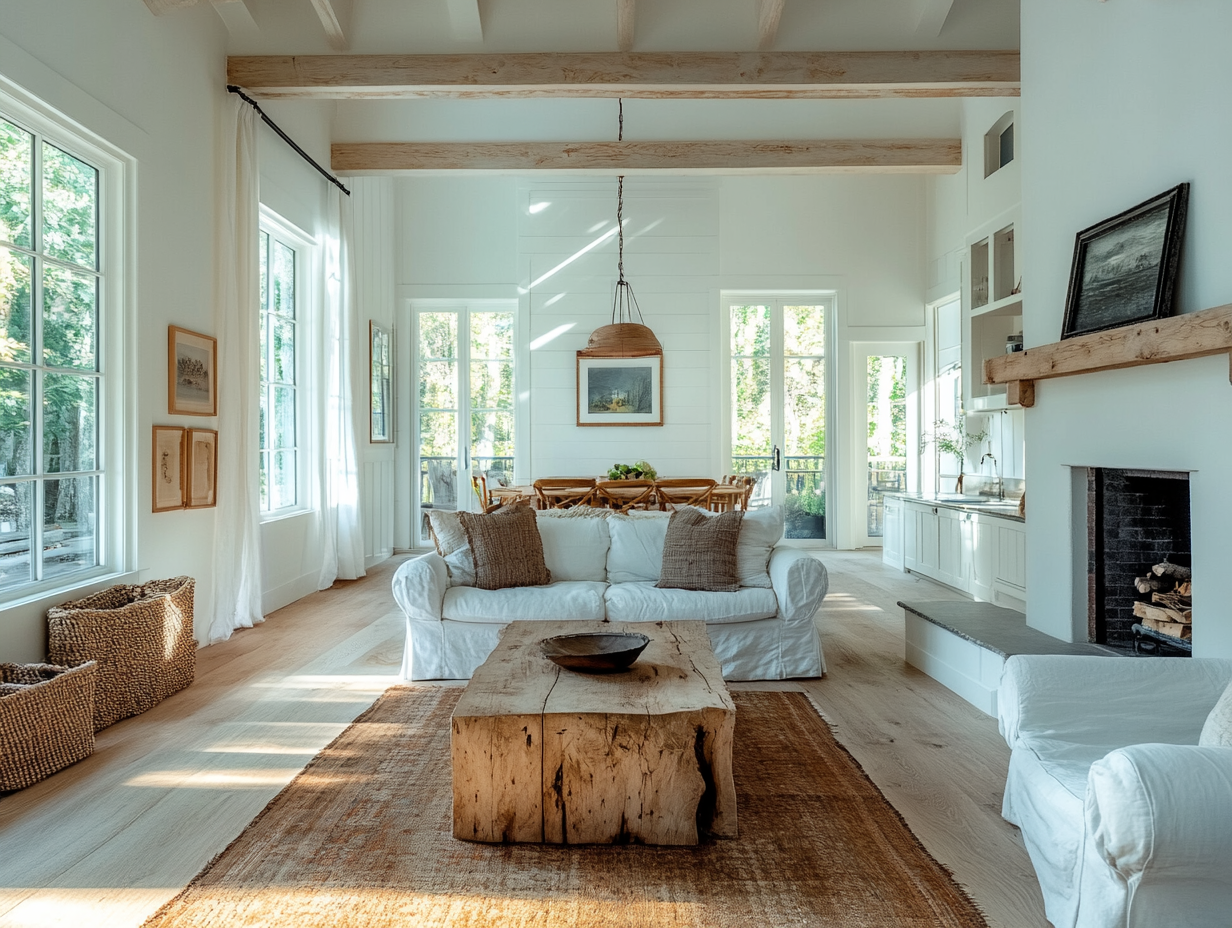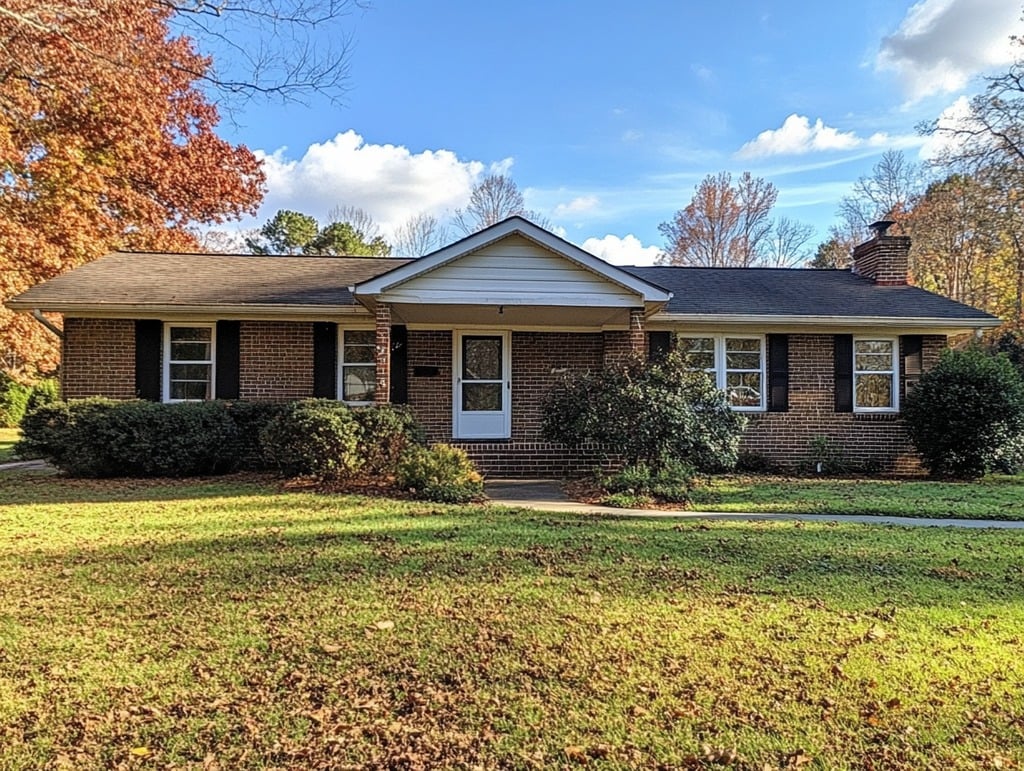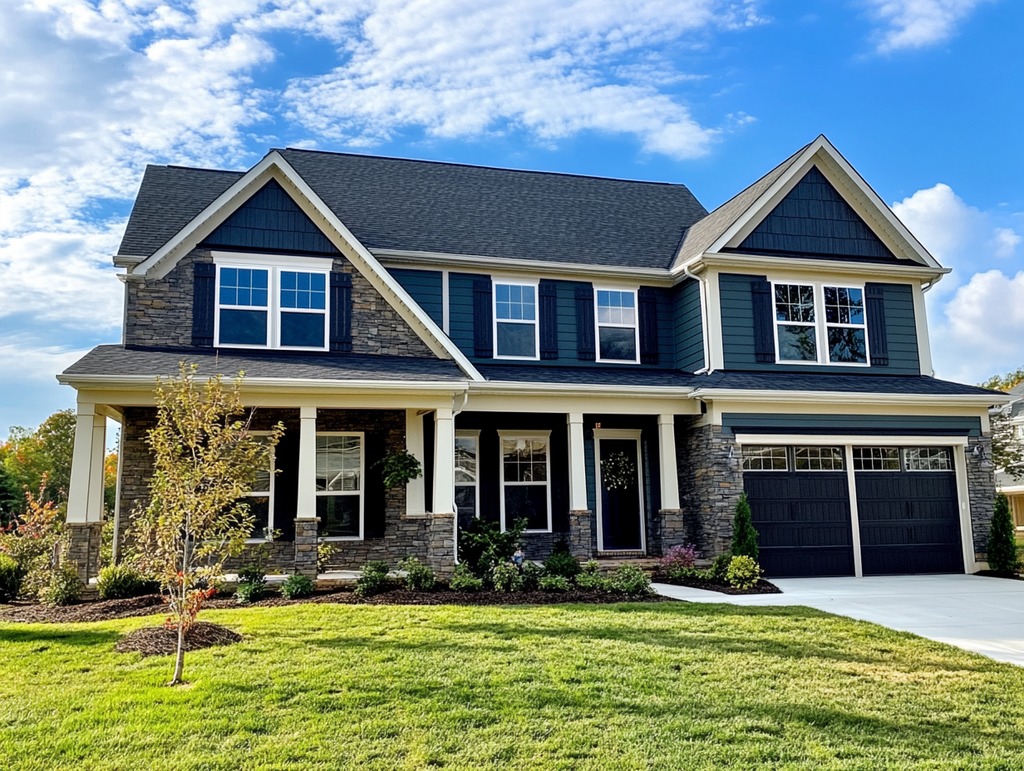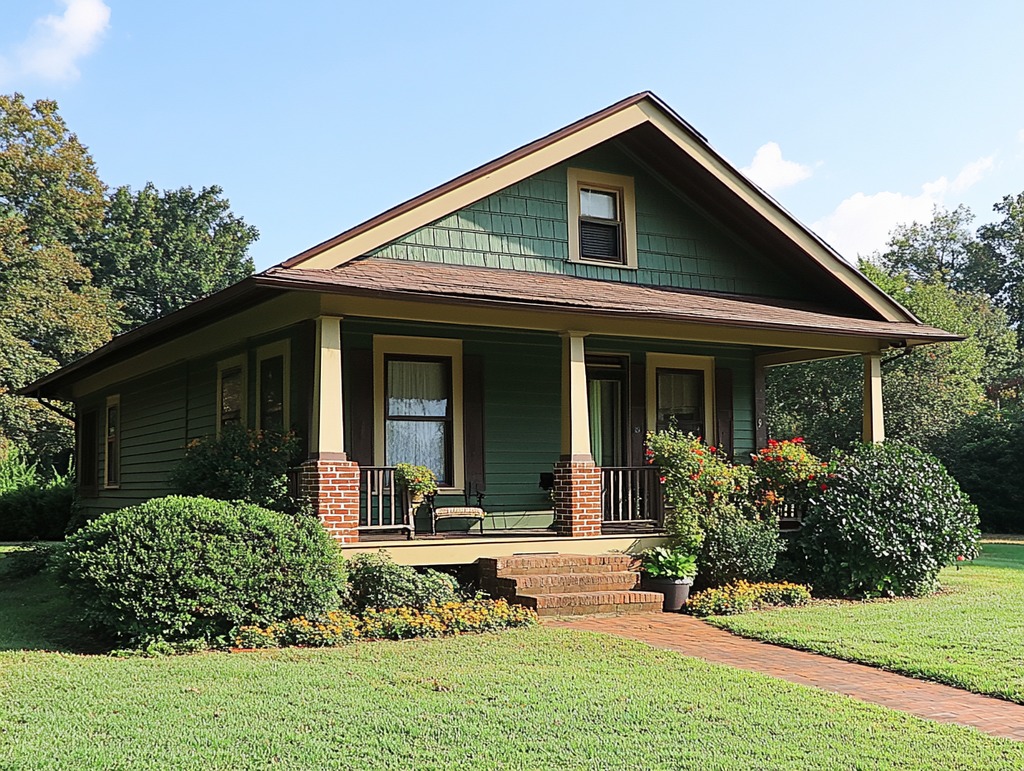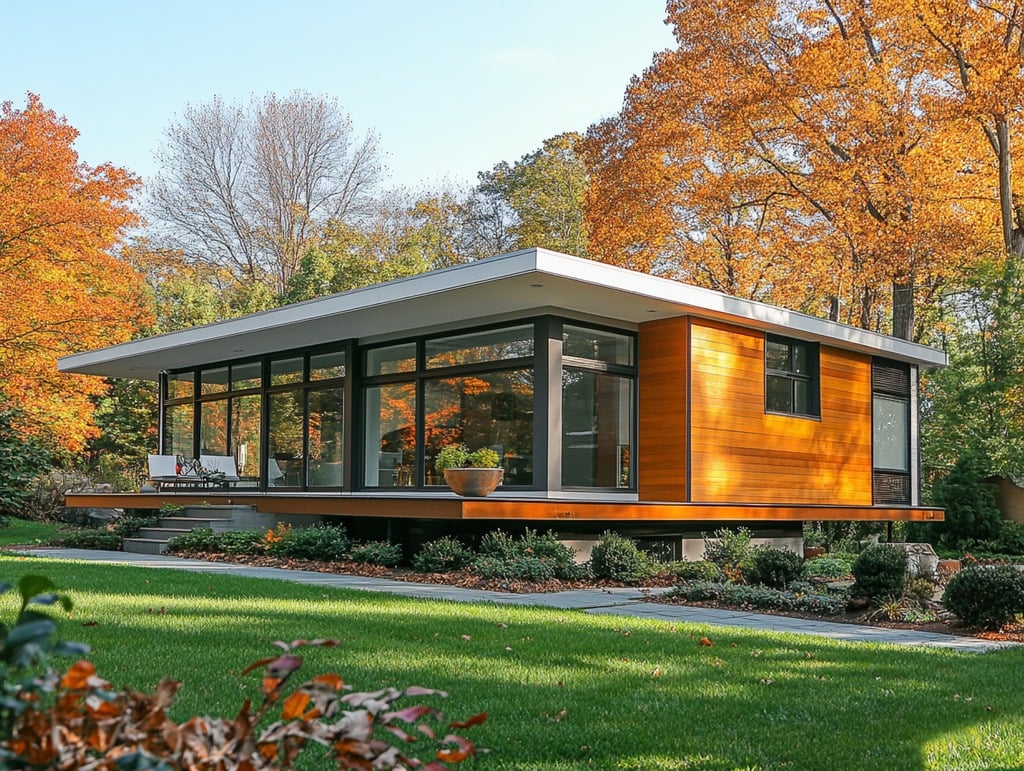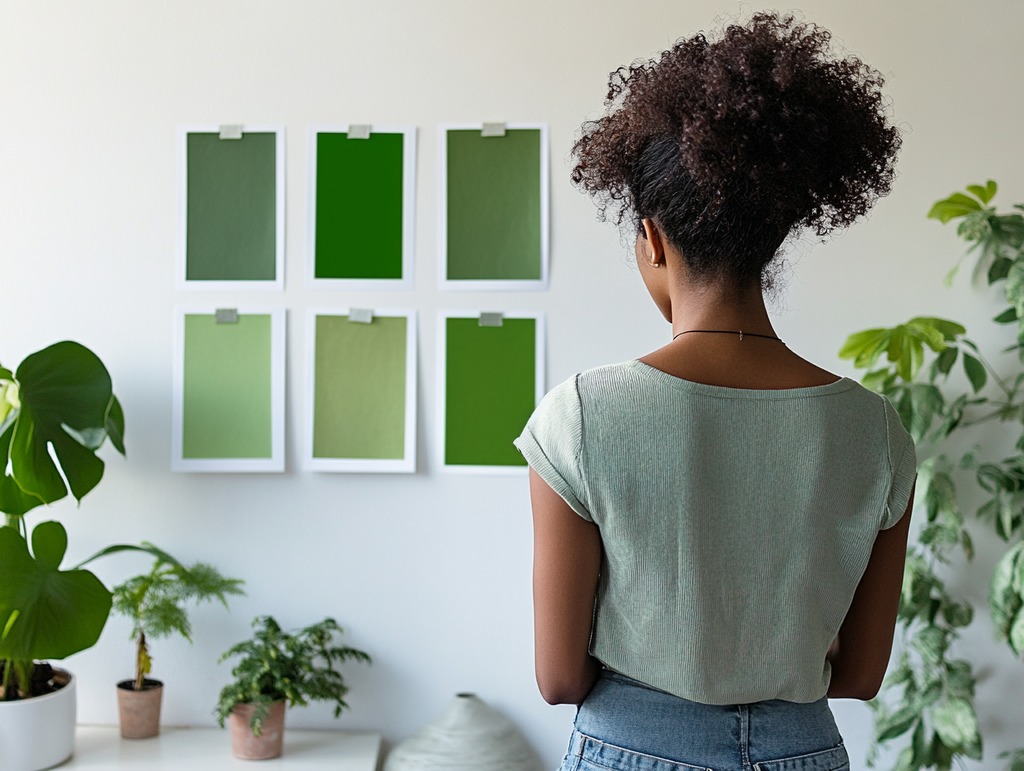Buying a home is one of the biggest decisions you’ll ever make—financially and emotionally. But when you’re torn between buying a starter home or holding out for your dream home, the choice becomes even trickier. Each option has its pros and cons, and the right decision often depends on your lifestyle, goals, and financial situation. Let’s dive into the nitty-gritty details to help you decide what’s best for you.
What Is a Starter Home vs. a Dream Home?
Starter Home
A starter home is typically a smaller, more affordable property that meets your basic housing needs. It might not check all your “must-have” boxes, but it gets you into the market and builds equity for future investments.
Key Features of a Starter Home:
- Lower price point.
- May require renovations or updates.
- Modest in size, often suited for young professionals or small families.
- Usually located in up-and-coming or less desirable neighborhoods.
Dream Home
A dream home is the house you envision as your “forever” home. It’s designed to fit your ideal lifestyle, offering everything you want—be it a sprawling backyard, a gourmet kitchen, or that walk-in closet you’ve been fantasizing about.
Key Features of a Dream Home:
- Higher price tag.
- Located in prime neighborhoods.
- Often larger, more modern, and customized.
- Takes more time and savings to purchase.
The Case for Buying a Starter Home
1. Build Equity Sooner
One major advantage of purchasing a starter home is that you can start building equity right away. Instead of paying rent to a landlord, you’re investing in a property that could grow in value over time. Plus, even if it’s not your forever home, you can use the equity from a starter home as a stepping stone to your dream home later.
Pro Tip: A starter home can also become a rental property when you’re ready to upgrade, providing passive income.
2. Learn the Ins and Outs of Homeownership
Owning your first home is a learning experience. You’ll get hands-on experience with maintenance, repairs, and budgeting for housing expenses. By starting small, you can test the waters without feeling overwhelmed by the demands of a larger, more expensive property.
3. Enter the Market Before Prices Rise
The real estate market doesn’t wait for you to be ready. If you’re in a location where home prices are climbing, buying a starter home now could be a smart financial move. It allows you to lock in a property at today’s prices, potentially saving you money in the long run.
The Case for Waiting for Your Dream Home
1. Avoid Moving Twice
Moving is expensive, time-consuming, and—let’s be honest—stressful. If you buy a starter home now and plan to upgrade later, you’ll have to go through the whole buying and selling process again. Waiting for your dream home lets you settle in once and for all.
2. Save for Exactly What You Want
Sometimes, it’s better to wait and save for a property that checks all your boxes. By postponing the purchase, you can focus on growing your down payment, improving your credit score, and finding the perfect home. After all, settling for less might leave you with buyer’s remorse.
3. Avoid Costs of Selling
Selling a home comes with fees—real estate agent commissions, closing costs, and potential upgrades to make the home market-ready. If you skip the starter home, you can avoid these additional costs.
Key Factors to Consider
1. Your Financial Situation
Can you afford a starter home now without stretching your budget too thin? Or would it make more sense to save for a few more years to afford your dream home? Use an affordability calculator to determine what fits within your means.
2. Market Trends
What’s happening in the housing market? If home prices are rapidly increasing, it might make sense to buy now before they climb even higher. Conversely, in a slow market, you may have more time to save for your dream home.
3. Your Long-Term Plans
How long do you plan to stay in the area? If you’re unsure about your future plans, a starter home might be a better choice, as it provides flexibility without the commitment of a dream home.
4. Interest Rates
Low interest rates can make buying a home—whether a starter or a dream property—more affordable. Keep an eye on rates to ensure you’re making the most cost-effective decision.
When Does a Starter Home Make Sense?
- You’re eager to leave the rental market and start building equity.
- Your budget doesn’t currently allow for a dream home.
- You’re okay with upgrading in the future or using the starter home as an investment property.
- The housing market is hot, and prices are climbing fast.
When Should You Wait for Your Dream Home?
- You have the financial stability to save for a larger down payment.
- You want to avoid the hassle of moving twice.
- You’ve found a desirable location where you plan to live long-term.
- The current housing market is slow or prices are stable.
How to Decide? A Step-By-Step Guide
- Evaluate Your Budget:
Look at your savings, income, and debt. Can you afford the down payment, closing costs, and monthly mortgage on a starter home or your dream home? - Think Long-Term:
Are you planning to stay in this city or neighborhood for at least 5–10 years? If not, a starter home might be the smarter option. - Research the Market:
Check housing trends in your desired area. Are prices rising or stable? Is inventory limited? These factors can influence your decision. - Consult a Professional:
Reach out to a real estate agent or financial advisor for personalized advice. They can help you weigh the pros and cons based on your unique situation.
Final Thoughts
Deciding between a starter home and a dream home ultimately boils down to your priorities, financial situation, and long-term goals. If you’re itching to enter the housing market and start building equity, a starter home might be the way to go. But if you’re willing to wait and save for the perfect property, holding out for your dream home could be worth it.
At the end of the day, there’s no right or wrong choice—it’s all about what makes sense for you. Take your time, crunch the numbers, and choose the path that aligns with your future plans.
FAQs
Q. Should I buy a starter home if I don’t plan to live there long-term?
A. Yes, but consider its potential as a rental property or its resale value before buying.
Q. What’s the biggest downside to buying a starter home?
A. The main drawback is that you might outgrow the home quickly, requiring you to move again in a few years.
Q. How much should I save for a dream home?
A. Aim for at least 20% of the home’s price for a down payment to avoid private mortgage insurance (PMI).
Q. Can I skip the starter home if I have a lower budget?
A. Yes, but it might take longer to save for your dream home, especially if home prices or interest rates rise.

